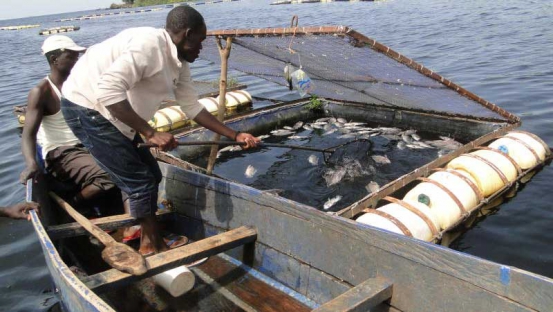×
The Standard e-Paper
Home To Bold Columnists

Kenya is looking to unlock the potential of its fish market with plans to upscale tuna fish exports.
Agriculture Cabinet Secretary Willy Bett said the country was keen on exploiting the blue economy by increasing its annual fish production of 128,000 metric tonnes to over 430,000 metric tonnes.